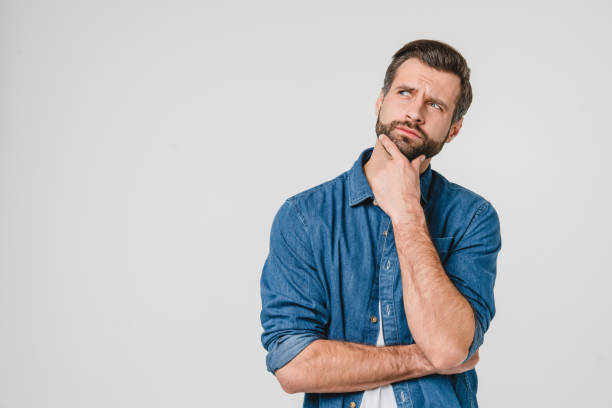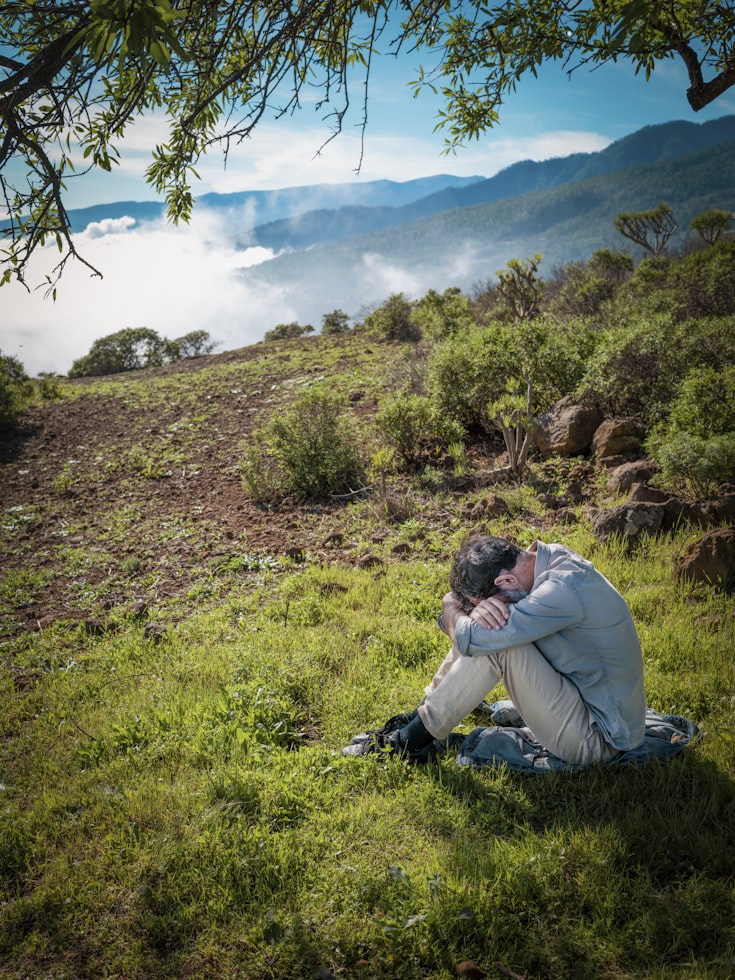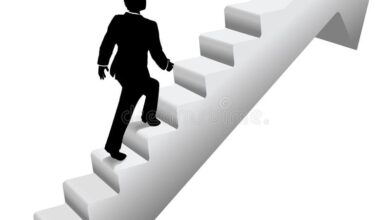Who Can We Blame for Our Troubles?

We Are All Responsible for Our Growth
It’s easy to point fingers. Our upbringing, our parents, partners, society — even fate — are often blamed when things go wrong. But true growth starts when we stop asking “Who is to blame?” and start asking “What can I learn from this?”
We are all responsible for how we respond to the challenges life throws at us. And this includes how we confront our fears, doubts, and unhealthy patterns.
Maya Angelou’s Wisdom: Still We Rise
“You may write me down in history / With your bitter, twisted lies / You may trod me in the very dirt / But still, like dust, I’ll rise.”
—Maya Angelou, Still I Rise (1978)
These immortal words from Maya Angelou remind us that, even when life is bitter, unfair, or painful, we are not defined by our scars. Instead, we are shaped by how we rise above them. The message? Growth isn’t about erasing pain — it’s about transforming through it.
Childhood Experiences Matter — But Don’t Dictate Everything

It’s undeniable that our early experiences impact who we become. For decades, psychologists have studied attachment styles — secure, anxious, and avoidant — to understand how our childhood relationships affect our adult ones.
Yet, attachment theory isn’t a free pass to avoid change. It doesn’t mean we can’t evolve or that we’re doomed because our parents made mistakes. Yes, how much we were hugged or neglected can influence us — but it doesn’t determine our entire future.
Genetics, upbringing, culture, and personal choices all work together to shape our behaviors. As adults, we have the power (and responsibility) to learn new patterns and break harmful cycles.
Taking Responsibility Is a Turning Point
At some point, we must stop outsourcing accountability for our problems. Whether it’s anxiety, failed relationships, or recurring personal issues — it’s up to us to confront the roots and do the work to heal.
Avoidance, though often comforting in the short term, only deepens anxiety and fear over time. Real change starts when we accept discomfort as part of the learning process. It’s through this discomfort that we unearth deeper self-awareness and begin the path to becoming more secure, fulfilled individuals.
Learning Means Facing What We Fear

Learning isn’t passive — it’s active, courageous, and often uncomfortable. Take, for example, those who suffer from obsessive-compulsive disorder (OCD). They may avoid situations or media that trigger obsessive thoughts, but doing so often gives those fears more power.
Jonathan Abramowitz, in The Family Guide to Getting Over OCD, explains that avoidance keeps people from correcting “mistaken interpretations and other faulty thinking that leads to obsessional fear.” Facing our fears, on the other hand, teaches us to unlearn those faulty patterns.
The same applies to emotional struggles in relationships. If we never confront our fears of abandonment or rejection, they quietly shape our interactions. Growth happens when we courageously engage with the things we want to run from.
Becoming the Best Version of Ourselves
We don’t have to stay stuck in old narratives. By taking responsibility, seeking self-awareness, and engaging in consistent self-development, we can change the way we relate to others and ourselves.
This might involve therapy, journaling, setting boundaries, or simply having difficult conversations with the people we love. The journey to growth isn’t about blaming others. It’s about deciding, every day, to become better — more honest, more compassionate, and more whole.
Final Thoughts: You’re in the Driver’s Seat

You are not powerless. No matter your past or present struggles, you can choose to grow. Blame keeps you stuck. Responsibility sets you free.
The moment we stop looking backward in anger and start looking inward with courage is the moment we begin to rise — like dust, like light, like Maya Angelou said we always could.


